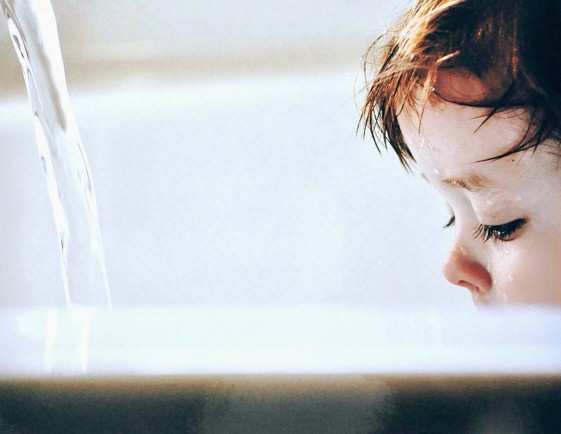When you purchase potentially hazardous materials, try to estimate accurately the amount of the product you will need so that there is none left over needing to be disposed of. Also, contacting your local landfill to find out what types of material they can and cannot handle may help you in making decisions on what type of products you purchase.
In many instances you will have to locate a business that will dispose of or recycle your hazardous materials. In some cases this is simple, such as disposing of used motor oil. Many of the places that do automotive work or sell automotive parts and supplies will take used motor oil and oil filters and dispose of them properly for you– just ask. This often holds true for items such as car batteries and anti-freeze as well.
Finding a businesses that can help you dispose of other hazardous products can be a little tougher sometimes. Earth 911 has a webpage, http://earth911.com/recycling/, designed to help you find places that will dispose of, or recycle, any hazardous materials used in and around your home. Once you locate a facility that handles the material you are looking to dispose of, contact them first, before taking the material to them, to be sure they are still handling the waste product and find out about any policy issues they may have (i.e. the amount of motor oil that the business will take each visit or any related disposal fees).


